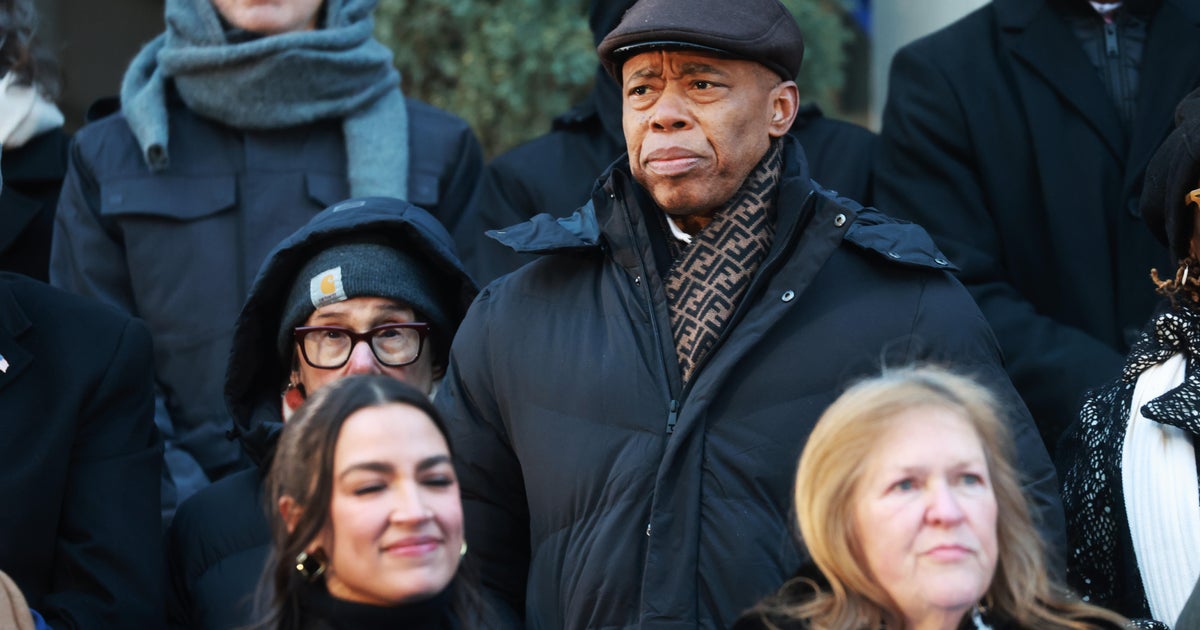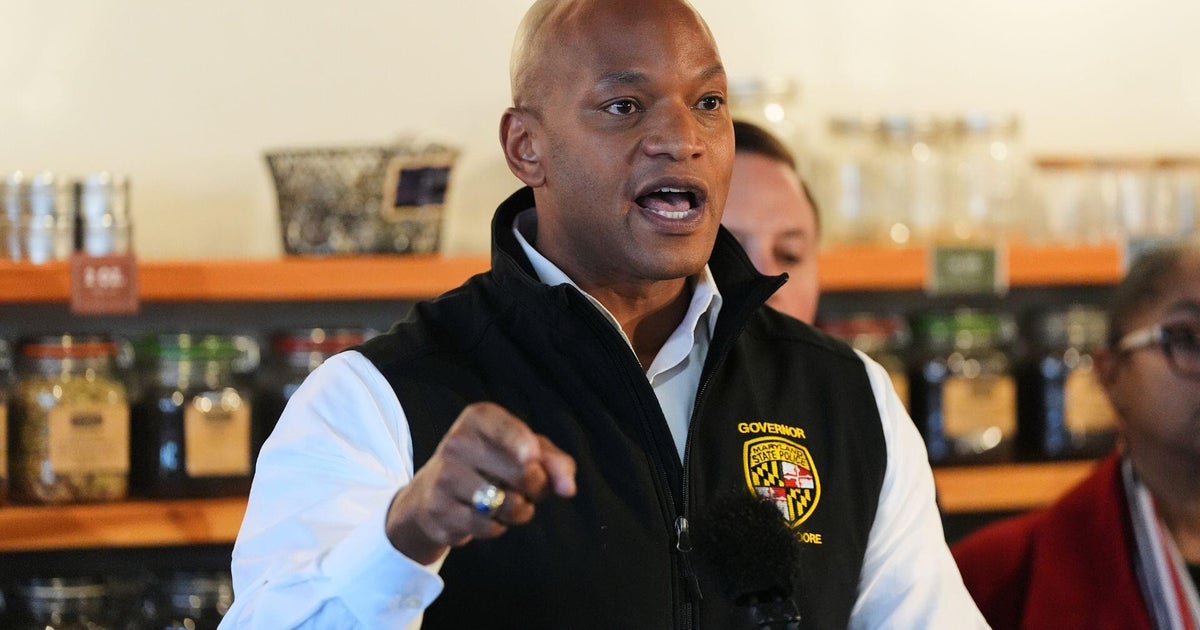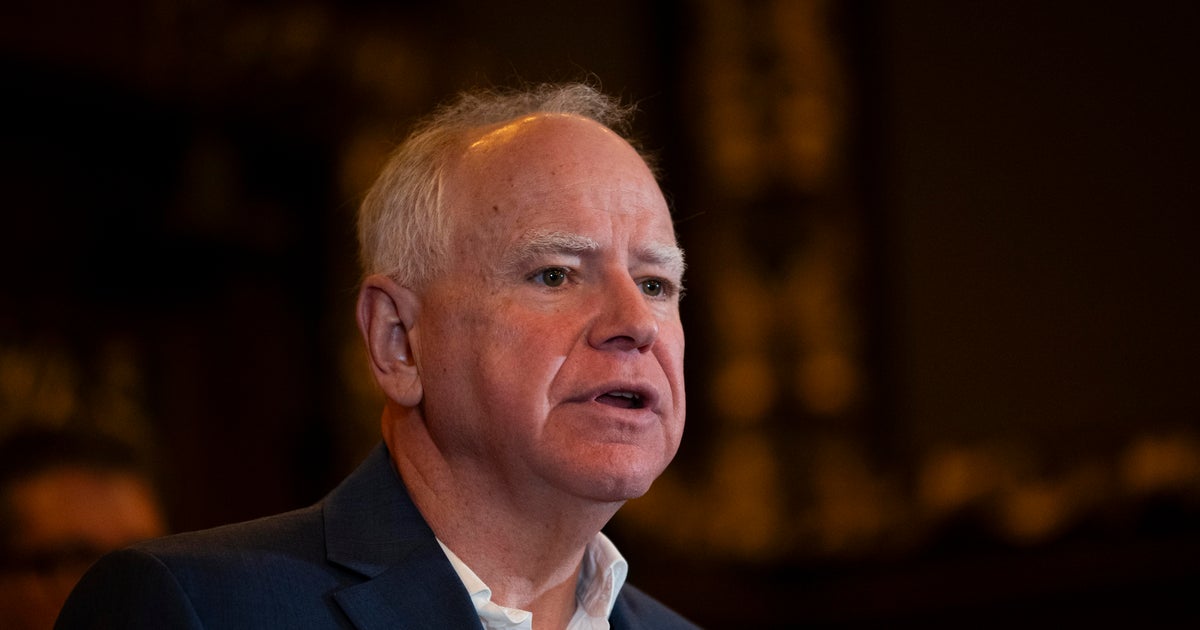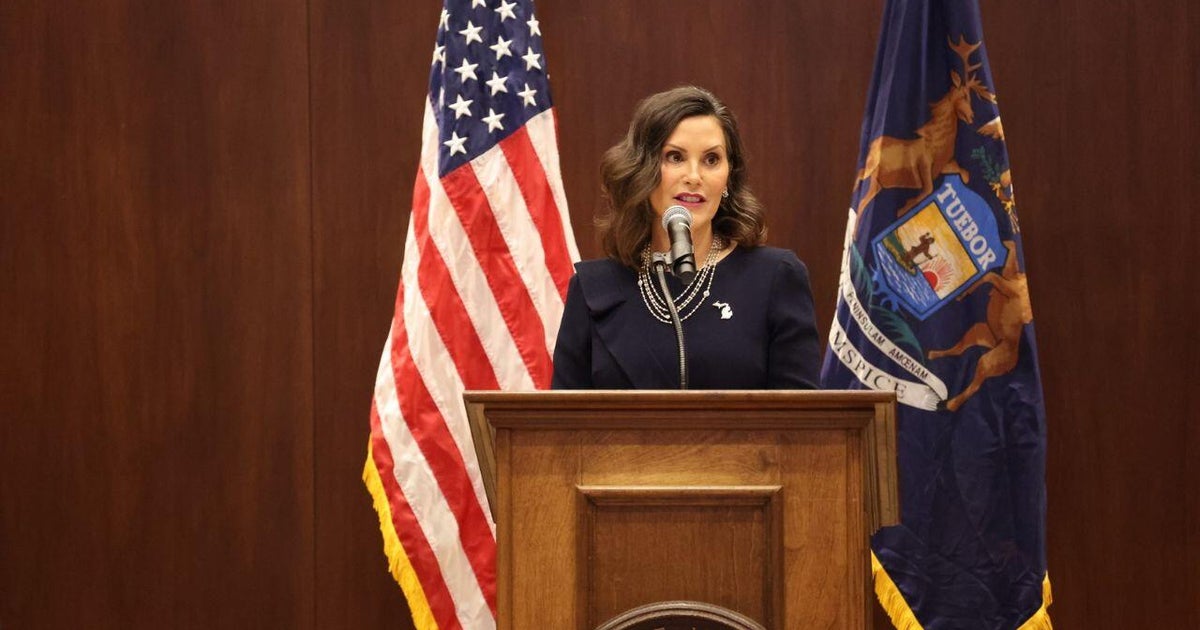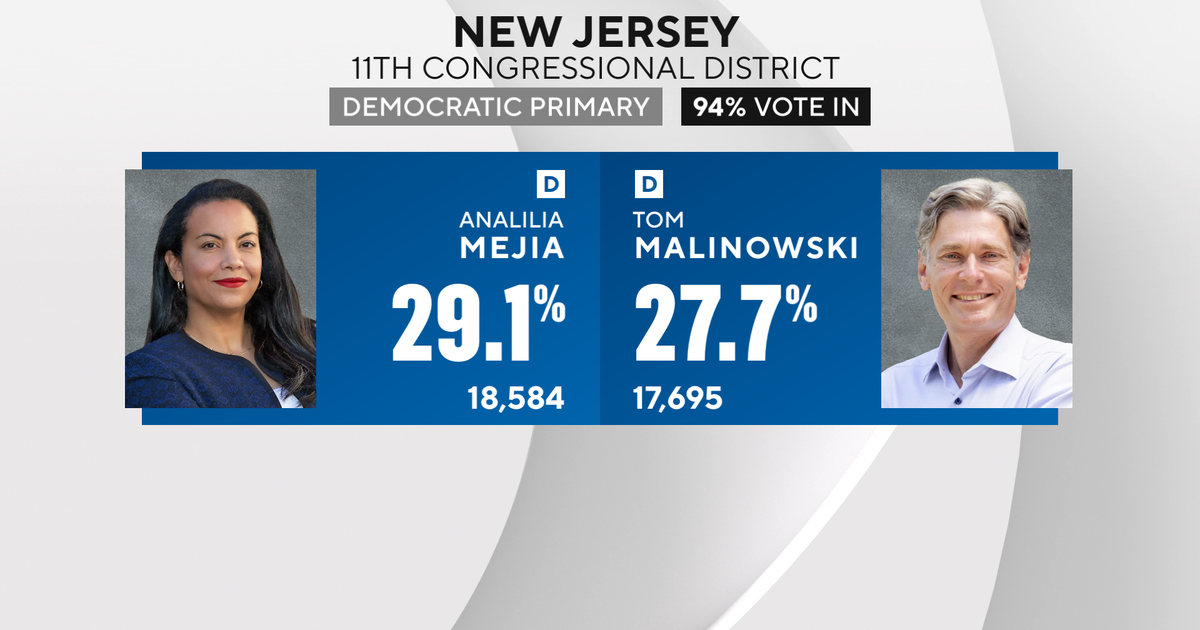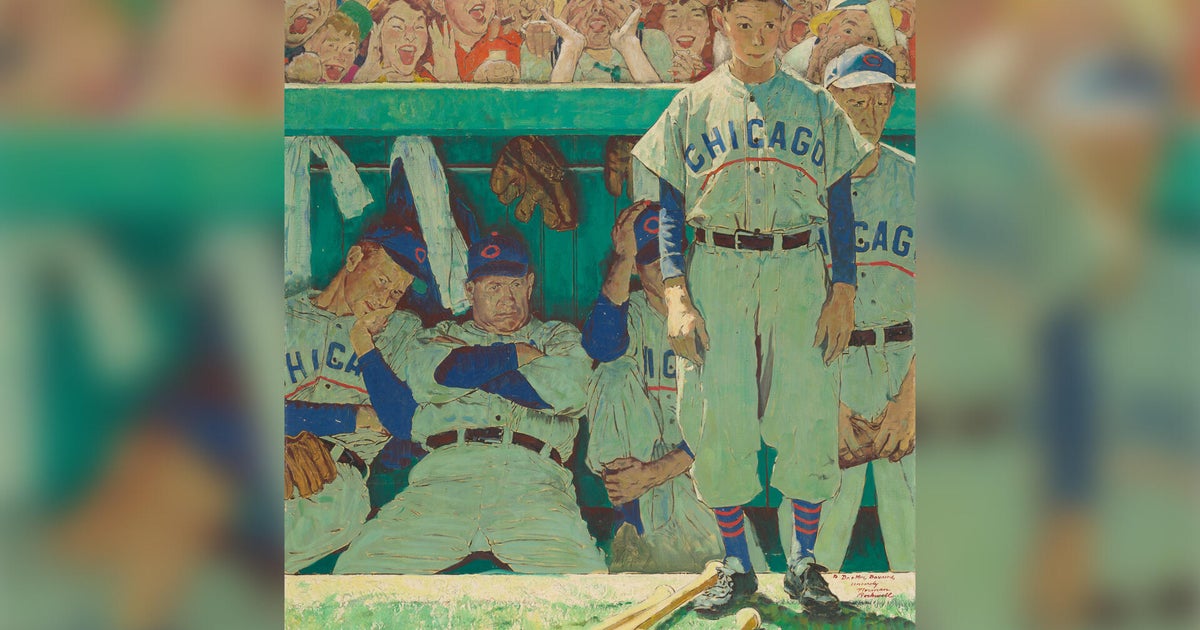Analysis: Gov. Cuomo Takes Bill Clinton's Path
ALBANY, N.Y. (AP) -- In a picture hanging in New York Gov. Andrew Cuomo's inner office, Cuomo is a young housing secretary at a Democratic dinner dais where his father, then-Gov. Mario Cuomo, was to introduce Bill Clinton, the president and Andrew's boss at the time.
The son passed a note to the father, penciled on the back of a business card: Keep it to 10 minutes. Then, the "10" was crossed out, replaced by "5."
Mario Cuomo went on to draw laughs from the crowd as he exposed -- and ignored -- the private plea. Clinton laughed not at his punked underling, but at the weird father-son dynamic.
Despite months of amateur psychology about the perceived influence the ex-governor father would have on the now-governor son, the far greater influence has been Clinton's. When Cuomo talks about his father, it's about family and integrity; when he talks about Clinton, his mentor, it's about governing.
In 1983, first-term Gov. Mario Cuomo proclaimed, "A society blessed as ours should be able to find room at the table -- shelter for the homeless, work for the idle, care for the elderly and infirm and hope for the destitute.
"To demand less of our government or of ourselves," he said, "would be to evade our proper responsibility."
Three months ago, Andrew Cuomo, in another historic fiscal crisis, ordered a different mission: "New York spends too much," he said flatly, pinning the state's revival not on "a large government complex" but a "vibrant private sector."
"The best thing we can do is bring jobs to the state," Cuomo said Wednesday. He said he will spend 80 percent of his time on economic development and the first step was his cost-cutting budget approved last week without a tax increase.
"We can now go out and say, "Take a second look at New York,"' Cuomo said. "New York is not what you thought it was, it's not the high-tax capital, it's not the tax-and-spend capital. We are business friendly."
Just three months in office, some advocates for the poor, homeless and infirm accused Cuomo of turning his back on his father. Hundreds protested Cuomo's cuts, some were arrested, an intensity of unrest unseen in Albany since Republican Gov. George Pataki made deep budget cuts in hard times in the 1990s, after a campaign that called for an end to tax-and-spend Mario Cuomo.
For them, Cuomo is no Clinton.
"Andrew Cuomo's budget is straight out of Reagan's playbook," said Richard Kirsch, a senior fellow at the Roosevelt Institute think tank. "It's tax cuts for the rich at the expense of everyone else. It's exactly what his father decried in his famous speech that captivated the whole country at the Democratic convention in 1984."
"My view of Andrew Cuomo always has been that he's expedient first," said Kirsch. "Andrew is, unfortunately, the opposite of his father."
But Cuomo's supporters were louder and better financed.
Cuomo secured a historic cut to school aid and health care without tax increases and blocked the Assembly Democrats' effort to continue an income tax surcharge on New Yorkers making over $200,000 a year. He even blocked a compromise that would have increased the tax only those making $1 million a year.
Cuomo not only avoided the multimillion-dollar waves of TV ads by public employee unions and hospitals that sunk the last three governors, but he had special interests running ads praising him, after he promised concessions including a "living wage" guarantee for health care union workers and a cap on medical malpractice awards.
"Like Bill Clinton, most of big business and most of the special interests are with the governor and not opposed to him," said Hank Sheinkopf, a top political strategist in New York who worked for Clinton.
The Clinton White House called it triangulation.
"Both are stubborn and both actually want to come out of this getting something done," Sheinkopf said. "Both are inherently politically people."
For Cuomo, triangulation includes supporting gay marriage, defending abortion and calling for the closing of a nuclear power plant, while pushing a property tax cap, blocking tax increases and making sure Long Island schools received greater shares of school aid in Republican districts.
Last summer, his "New Democrats" signs plastered the party convention hall, surprising and angering many of his elected colleagues who date back to his father's administration.
"He understands politically that using triangulation in this way his election prospects increase nationally and in New York state because he is speaking to suburban voters and they are the ones who decide those elections," Sheinkopf said.
Last month's Siena College poll found 55 percent of New Yorkers who considered themselves conservatives liked Cuomo.
But Cuomo picked up far more than a couple cigar humidors and other gifts and souvenirs from the Clinton days, mementos that dominate Cuomo's office.
As Clinton's housing secretary, Cuomo arguably handled a bigger executive task than a New York governor.
Cuomo had managed bigger government budgets and more employees over a vastly larger geography when he became governor compared to his father and Govs. Pataki, Eliot Spitzer and David Paterson.
"It's the only person you can vote for governor who's actually done something for people who pay the load," Clinton said at a Brooklyn rally last fall in endorsing Cuomo. "I'm very proud of him."
---
(Copyright 2011 by The Associated Press. All Rights Reserved.)
